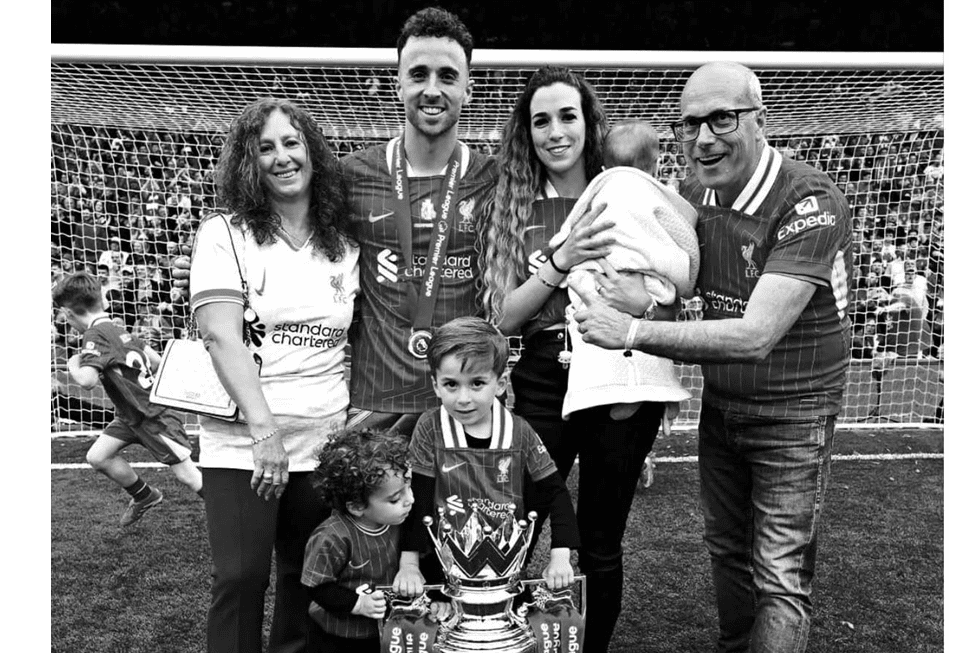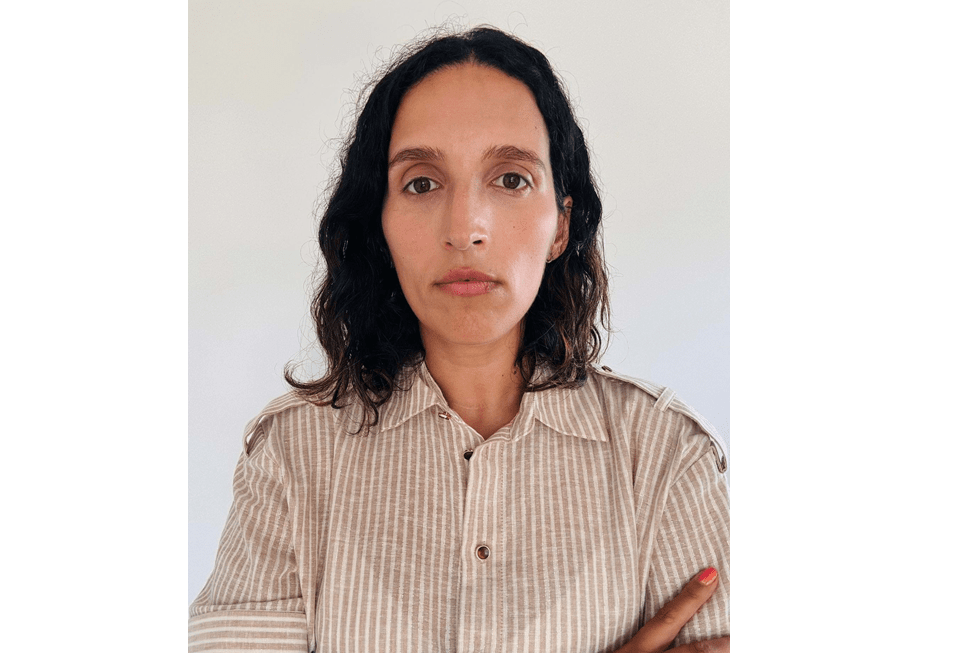<![CDATA[ Como ajudar alguém que perde dois filhos numa tragédia ]]>
![<![CDATA[ Como ajudar alguém que perde dois filhos numa tragédia ]]>](/_next/image?url=https%3A%2F%2Fcdn.sabado.pt%2Fimages%2F2017-01%2Fimg_1200x676%242017_01_07_21_18_00_201777.jpg&w=1920&q=100)
"If losing a child is something unnatural, a deep pain, the impact of losing two is profoundly devastating. It is a grief that cannot be explained and that does not even have a name", psychologist Cátia Silva, who works with cases of bereavement, told SÁBADO . Joaquim and Isabel Silva are the parents of Diogo Jota, a forward for the national team and Liverpool, and André Silva, a player for Penafiel, who were surprised by the news of the death of their only two children in a car accident in the early hours of Thursday in Zamora, Spain.
How can we help someone who is experiencing such intense pain? "These parents are in a state of trauma-shock, because it was something sudden, which further exacerbates the symptoms associated with grief. In this first phase, we must validate what these people are feeling, validate their pain and, most importantly, not try to console them with logic, because there is no logic," he explains. He adds: "The tendency of those around them is to say things like 'you have to be strong'. That is not comforting. We must give space for the pain to exist, accompanying the person in silence, which in itself is already a form of care."
In these difficult times, there are always those who suggest taking medication to be able to attend the funeral ceremonies. The psychologist believes that this should be the person's own decision: "Obviously, the suggestion comes from a sense of care. But even these parents who are deeply suffering and emotionally fragile are the ones who have to make their own decisions. In this initial phase, the support of family and friends is essential, as well as specialized care from a psychologist or possibly a psychiatrist. Everyone else around will try to help, but what they often say to us is 'you don't know what it's like to feel this pain'. That's why it's important to validate what the other person is feeling and give them space."

Diogo Jota's mother and father, with his wife, Rute, and the player's three children
During the shock phase, Cátia Silva says that there is a mix of feelings, such as anger, rage and guilt. "Intense guilt often arises or someone is found to be to blame for what happened. The fact that the siblings are public figures ends up increasing the impact of the tragedy on the family even more, since the mourning is "collective".
What not to sayHow can you help a 28-year-old mother of three young children who became a widow days after getting married? "In many cases, women who lose their husbands and who are responsible for their children put their grief on hold, as if their pain were on hold, because their priority is to help their children. And this ends up being positive," says the psychologist. As with parents, "you should avoid saying things like 'you are strong', 'your children need you' or 'you will overcome this', because, she explains, "these women, who have seen their life project fall apart, just want to be allowed to not be strong and live their pain."
The search for whyCátia Silva states that grief will always be with us throughout our lives, especially for parents who lose children. "There are people who are able to deal with it in a healthy way and there are others who are unable to do this work. The pain is so intense that they only allow themselves to survive and not live, because they cannot understand why. And there is no reason."

Cátia Silva: "The tendency of those around us is to say things like 'you have to be strong'. That is not comforting. We must give space for the pain to exist"
The expert suggests reading a book that "everyone should read": The Message of Tears [by Alba Payàs Puigarnau]. "It is a guide written for people who are suffering and also for those who wish to help those who are going through a loss. It is important to understand that grief is a natural response and what is expected to be felt or not in a process of loss; Behind a grieving, bitter person, there is someone who needs to cry and sometimes we suppress that and we should not do so", she concludes.
Related Articles


sabado




